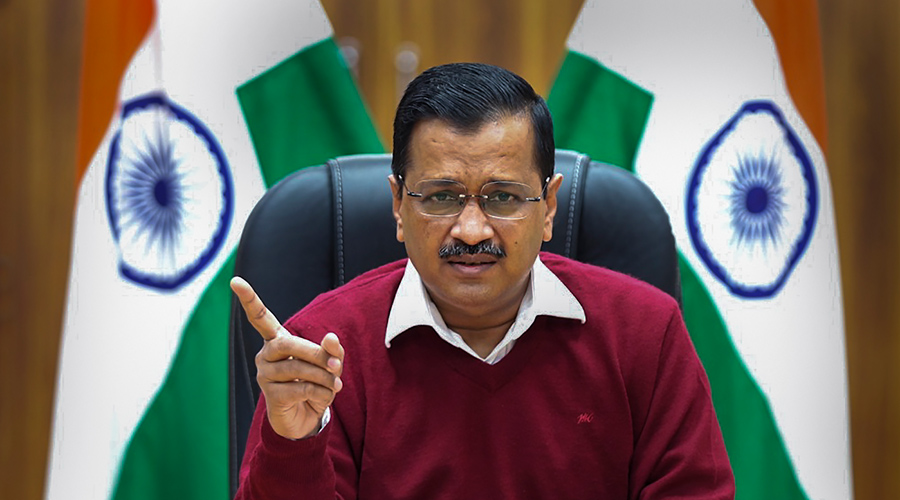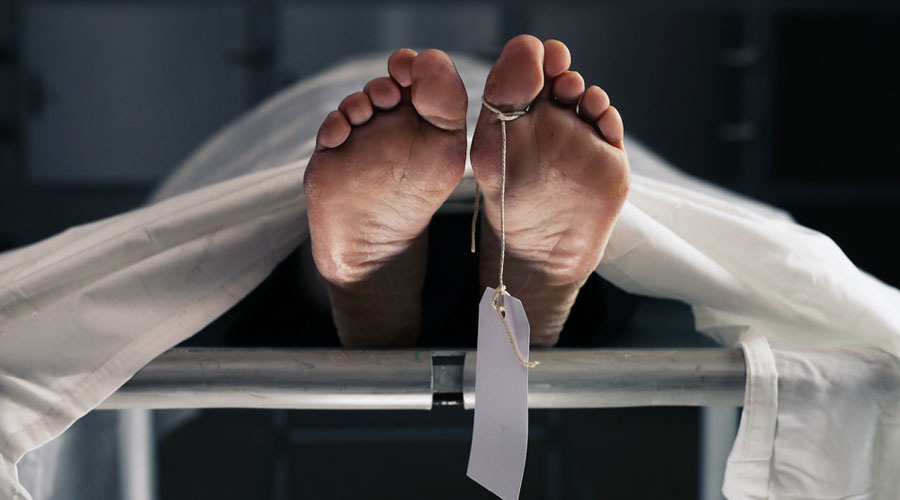Of the 46 COVID-19 patients who died in Delhi between January 5 and January 9, 34 had comorbidities such as cancer and heart and liver diseases, according to government data.
Only 11 of the 46 were vaccinated against the coronavirus.
Twenty-five of these patients were aged above 60 and 14 aged between 41 and 60. Five fatalities were recorded in the 21-40 age group, while one patient each from the 0-15 and 16-20 age cohorts succumbed to the infection, the data showed.
According to an official, 32 patients were admitted to the ICU and they were mostly those who had comorbidities such as chronic obstructive pulmonary diseases, cancer, liver and heart diseases etc.
Twenty-one patients who had other problems tested positive for Covid after being admitted to hospitals.
Thirty-seven of the 46 patients were admitted to hospitals when their oxygen saturation level dropped below 94 per cent.
On Sunday, Delhi reported 17 deaths due to Covid, the highest in a day since June 13 last year.
Delhi logged 17 more deaths due to COVID-19 and 19,166 infections in a day as the positivity rate rose to 25 per cent, the highest since May 4 last year, according to the city health department's data on Monday.
The city had reported the same number of Covid deaths on Sunday too. In just 10 days, Delhi has recorded 70 Covid deaths.
The 22,752 new cases reported on Sunday was the highest since May 1 last year when the city saw 25,219 infections with a positivity rate of 31.61 per cent.
Delhi saw fewer cases on Monday with the number of tests conducted the previous day being lower than the day before.
A total of 1,912 Covid patients are in hospitals. Of them, 65 are on ventilator support, government data showed. The city currently has 65,803 active cases of which 44,028 are in home isolation.
Delhi takes strict measures to combat the situation

Chief Minister Arvind Kejriwal File picture
The Delhi government plans to have 50,000 oxygenated beds and 12,059 ICU beds for coronavirus patients in the city keeping into consideration the steep hike in the number of Covid infections.
There are 16,180 oxygenated beds and 3,619 ICU beds in hospitals in Delhi at present.
According to the government's bed escalation plan, the number of oxygenated beds will be increased to 28,645 in the first phase, to 37,000 in the second phase and 50,000 in the third phase.
The number of ICU beds will be increased to 8,041 in the first phase, to 10,594 in the second phase and 12,059 in the third phase.
Chief Minister Arvind Kejriwal had earlier said his government has made preparations to handle one lakh patients, conduct three lakh tests daily and ensure availability of enough manpower, medicines and medical oxygen.
At a meeting of the Delhi Disaster Management Authority (DDMA) on Monday, officials said the city may need 28,000 oxygenated beds and 18,000 ICU beds in the worst-case scenario of 1 lakh new cases daily.
In case the city reports up to 75,000 new cases a day, 21,000 oxygenated beds and 13,500 ICU beds may be needed. If 50,000 cases a day are reported, 14,000 oxygenated beds and 7,200 ICU beds may be required, according to projections.
According to Sutra -- a mathematical model developed by scientists at IIT Kanpur and IIT Hyderabad -- Delhi is likely to record 35,000 to 70,000 infections at the peak of the third wave around January 15.
The government has repeatedly stressed that most Covid cases, this time, are mild or asymptomatic, not requiring hospitalisation.
Delhi logged 17 more deaths due to COVID-19 and 19,166 infections in a day as the positivity rate rose to 25 per cent, the highest since May 4 last year, according to the city health department's data on Monday.
A total of 1,912 Covid patients are in hospitals. Of them, 65 are on ventilator support, government data showed. The city currently has 65,803 active cases of which 44,028 are in home isolation.











